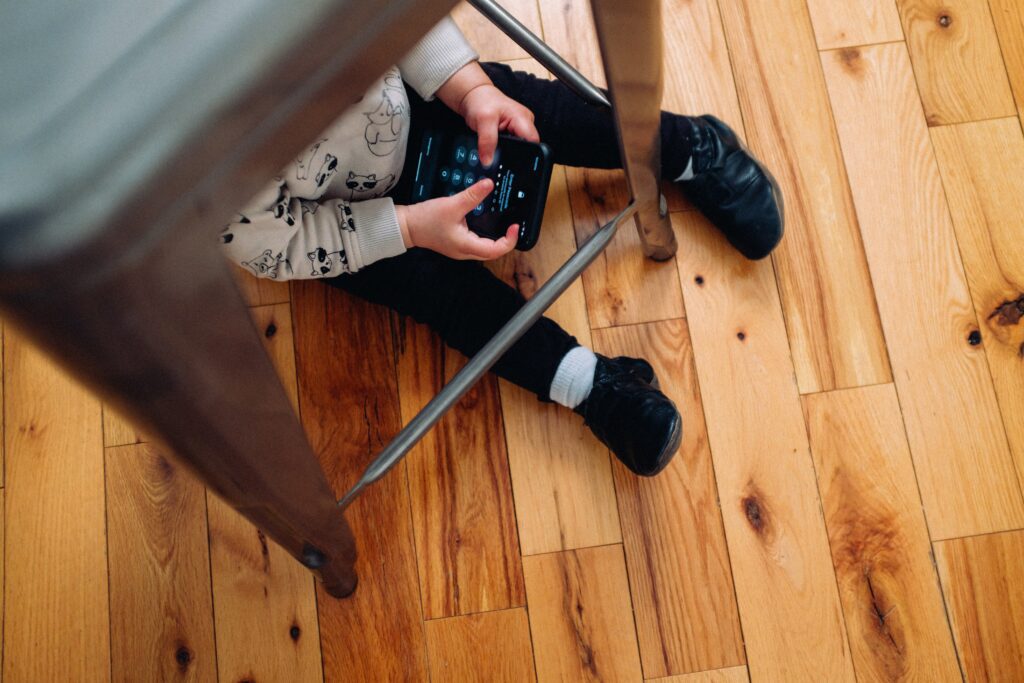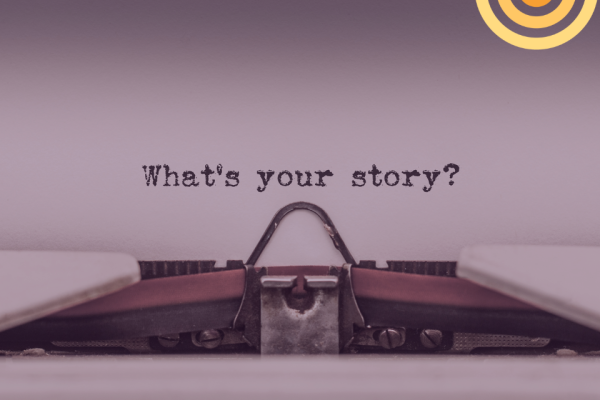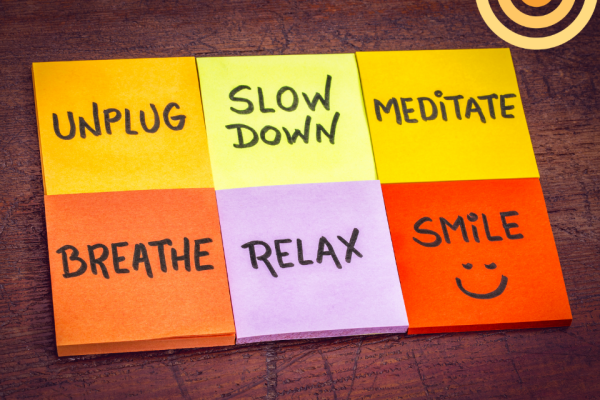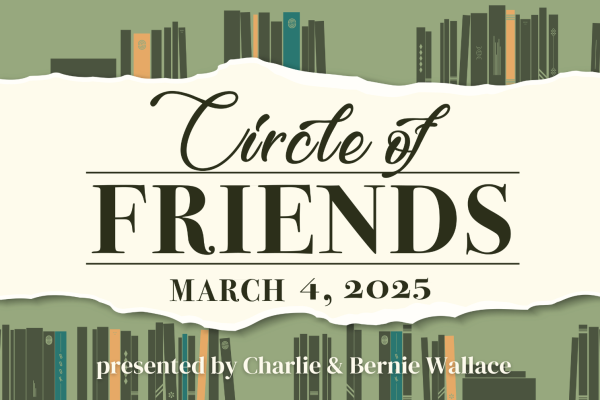It’s a popular scene today — teens and young adults allegedly tuned out of reality, their iPod and earbuds discouraging communication and interaction with those around them. I have been guilty of this myself, in fact, …

What is Your Child’s iPod Teaching Them?
8- to 18-year-olds listen to an average of 2 hours and 19 minutes of music each day, reports the Kaiser Family Foundation. That adds up to nearly 15 hours each week! Music claims a rather large portion of your child’s day. Do you know what your child’s iPod is teaching them?
Music is well-known to connect deeply with adolescents and to influence identity development, perhaps more than any other entertainment medium,” said researchers from The University of Pittsburgh School of Medicine.
It’s important to recognize that music in itself is not a bad thing, as seen here and here. Plato once said, “Music gives a soul to the universe, wings to the mind, flight to the imagination and life to everything.” Many teens find a safe haven in music, relating to the lyrics or emotions within the song. Music can provide a healthy outlet for teens, but it can also spread negative and detrimental messages.
Prior to writing this post, I quickly glanced at the lyrics of Billboard Magazine’s current Top 20 songs. Sadly, I wasn’t surprised by what I found, but it was definitely concerning. Of the 20 songs:
- Five contained sexual content;
- Four had themes which objectified women;
- Four used profanity;
- One referenced violent acts;
- One contained a drug reference; and
- Three depicted alcohol consumption/drunkenness
Additionally, Researchers from the University of Pittsburgh School of Medicine studied Billboard Chart song content and discovered that “68% portrayed more positive than negative consequences [of drug use]; these positive consequences were most commonly social, sexual, financial, or emotional.”
So, as a parent, what can you do? You may be tempted to confiscate their iPods or delete their iTunes account, but that isn’t the best solution. Your children will most likely be exposed to things you wish they wouldn’t be. You cannot always shelter them from that, but you can provide them with skills for discernment and avenues for healthy identity development. Intentional conversations with your children is key!
Here are 5 tips to Make the Most Out of Music from Erin Walsh, of Mind Positive Parenting:
- Talk to your kids about the lyrics in their favorite songs. What messages are they conveying? Do they line up with how they see the world? If they were to write a song, what would the lyrics convey?
- Encourage your kids to sing and play instruments, participate in community radio, or learn about the history of a specific music genre (jazz, hip-hop, bluegrass etc…).
- Make sure the accompanying soundtrack to study time (if there is one) is quiet and relatively benign to ensure that they can concentrate.
- Earbuds out during meals!
- Bring music into your family life. For example, ask everyone in the family to create a playlist that they think describes them – play each on the next family road trip!







